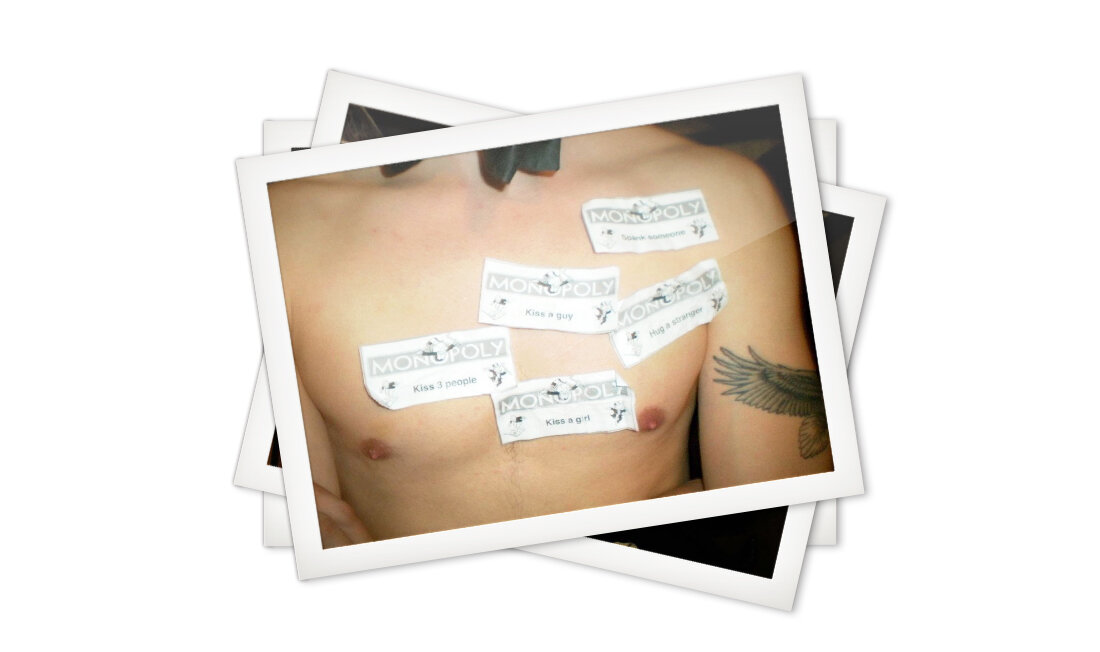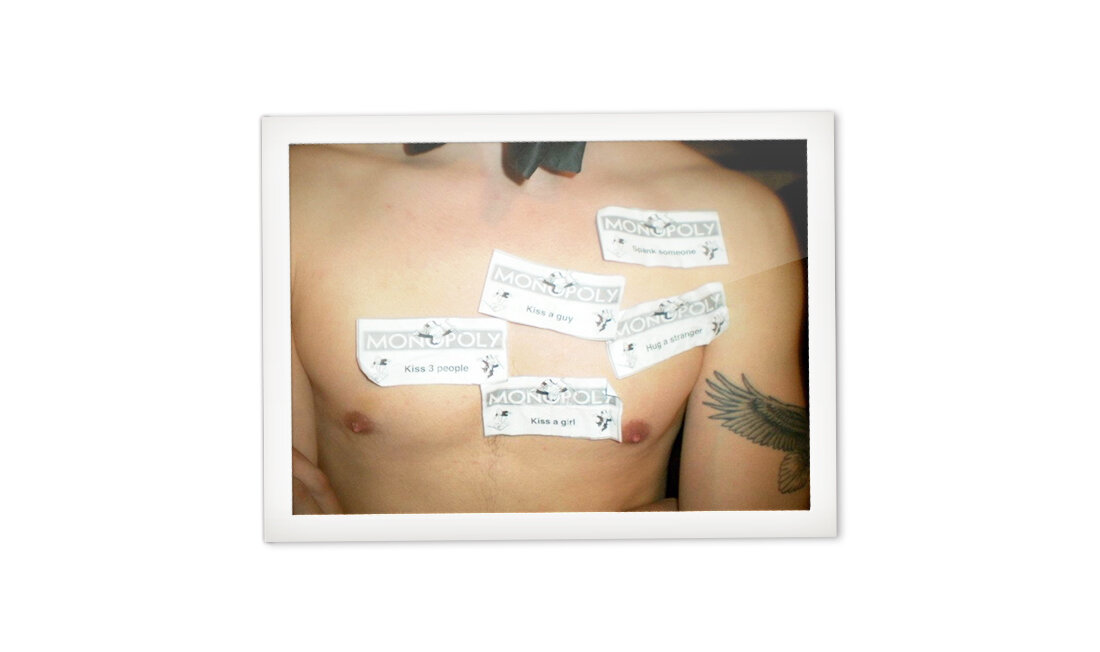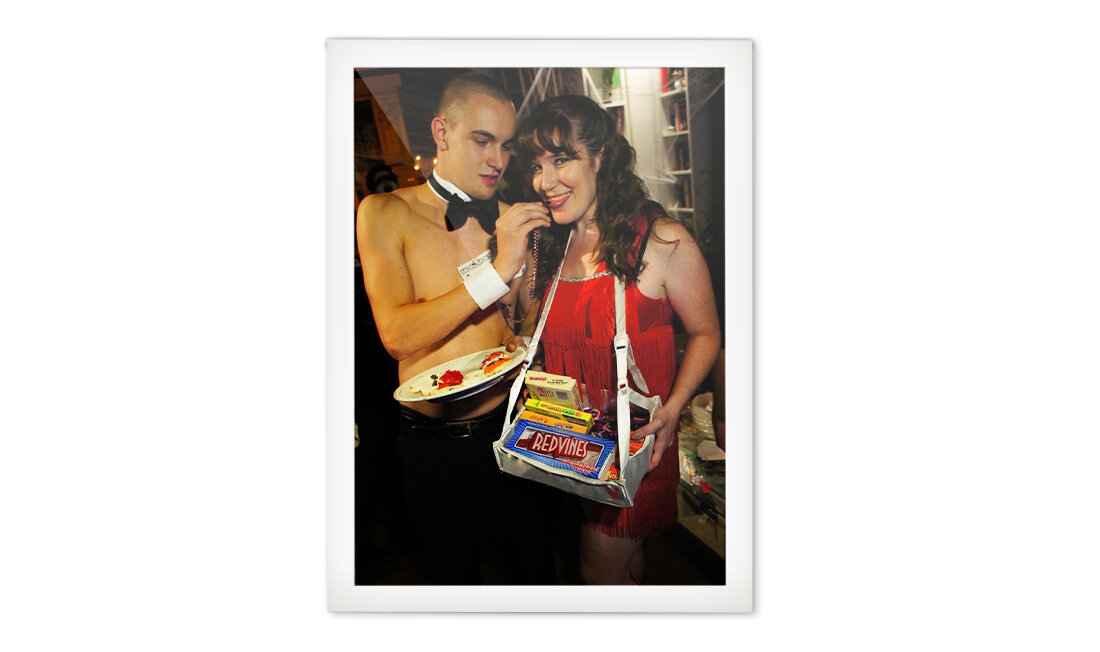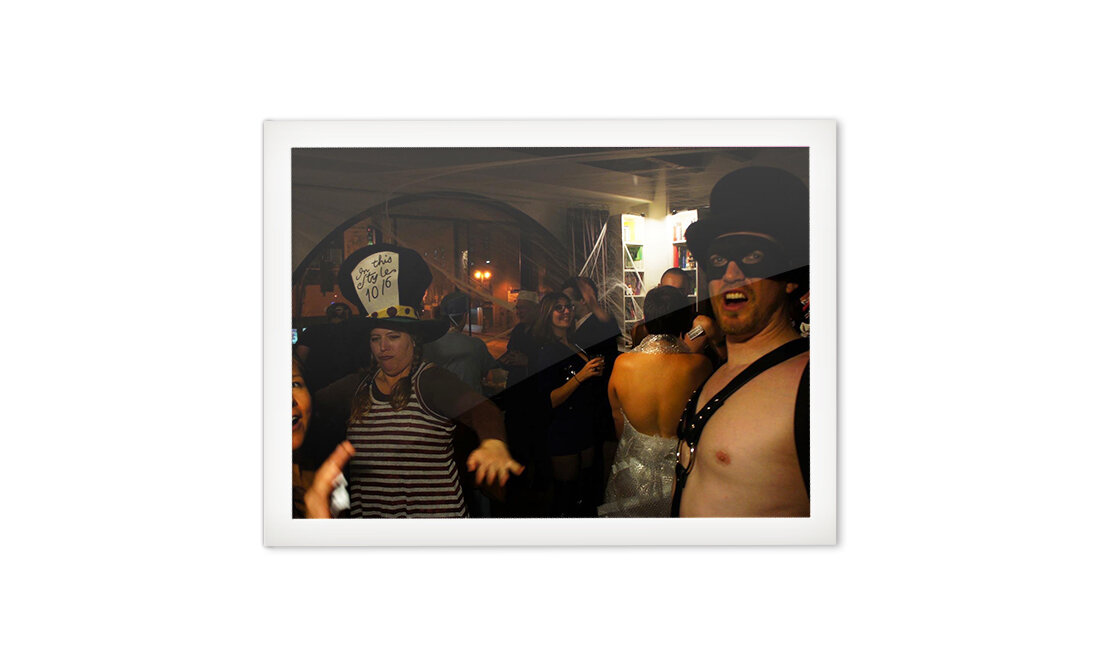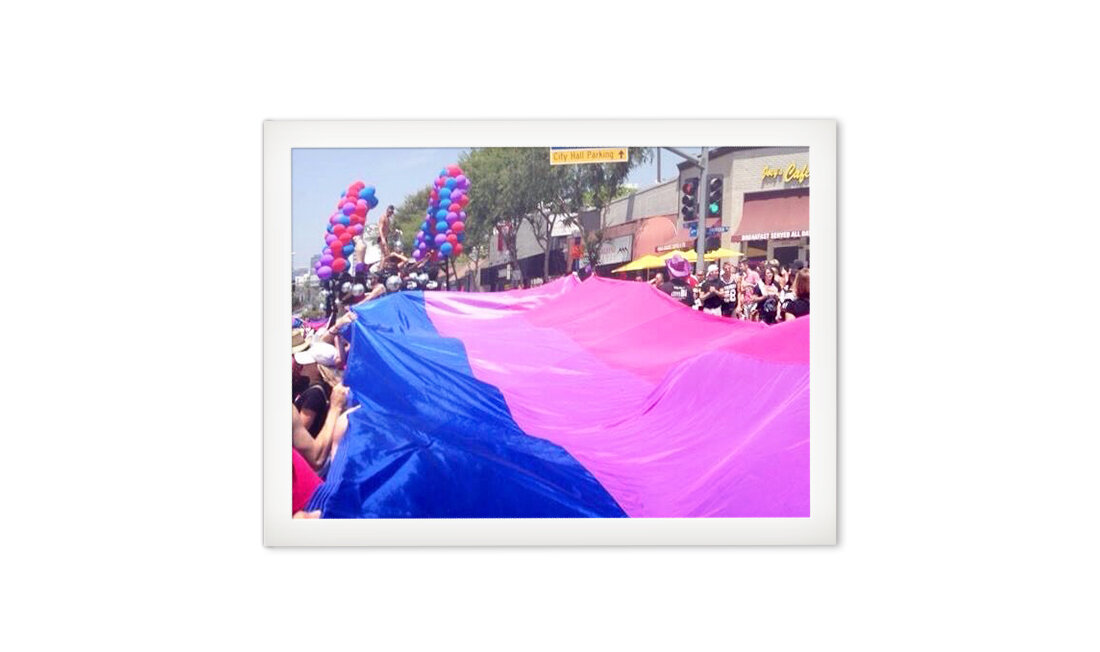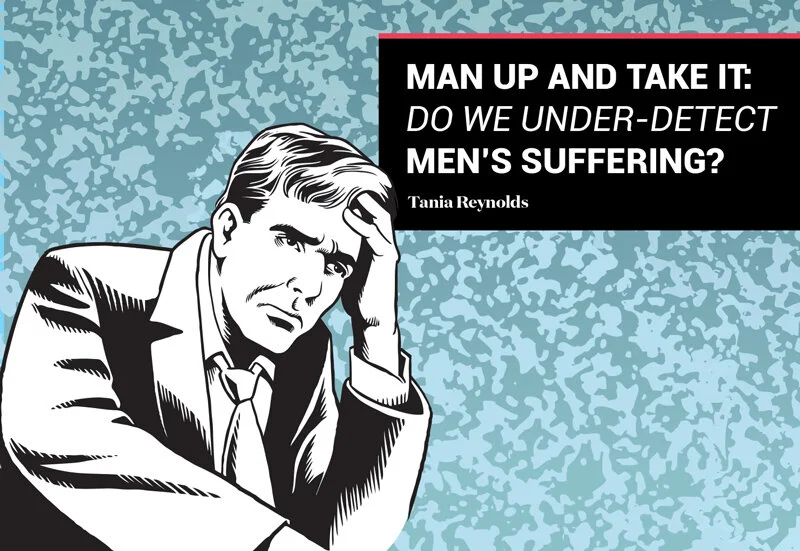The Future of the "Ally"
I never set out to be a “bi activist” or a “bi writer” or any other kind of “professional bisexual.” I say this because I know and respect plenty of people who have mapped exactly this career path for themselves. Because of the need to find a niche in an oversaturated media landscape, many young professionals in politics and journalism are pushed into selling themselves as a bi resource. I get it. This strategy makes perfect sense if you happen to be bisexual. As the saying goes, write about what you know. The problem is that once you’re established as a voice on such a narrow topic, how do you remain interesting? How many times can a person write an article about biphobia or bi-erasure before readers and publishers demand something new? The competitive marketplace of ideas incentivizes people to embrace increasingly radical positions. That’s how a simple idea like “support same-sex marriage” (d)evolves into the edgier “dismantle the entire concept of marriage because it’s a heteronormative construct.” Despite being one of these “professional bis” myself, I feel compelled to point out that this race to stay relevant is a dangerous game. It is backfiring on the LGBT community by alienating those who would otherwise be our allies.
I stumbled into “bi activism” accidentally via the LA social scene. My wife, Talia, and I moved from Ashland, Oregon (where we met) to downtown Los Angeles, where she was pursuing her master’s at USC film school. Neither of us had many friends in the city, so we joined a social club called amBi. At the time, amBi was a local meetup group for bi people in the LA area. Talia knew I was bi, but she identified as straight. Fortunately, the club’s website made it clear that you don’t have to be bisexual to join. It clearly stated that “partners and allies” were welcome. We attended a few events, including a Bi Talent Show at the LA LGBT Center. We quickly made a lot of friends, and our lack of an LA social life issue was soon behind us. We decided that we should host a few events ourselves, and one legendary Halloween party later, we were on our way to official Event Organizer status.
We volunteered in that capacity for several years and, since then, have hosted countless amBi events across two states. Finding amBi was a very positive and healing experience for me. I’d been out to my friends since college, but that was completely different than being immersed in a social circle where most of the people are bi like me. Notably, in amBi we didn’t spend our time sitting around “processing” our bisexuality, our bi-related traumas, or anything dour like that. We just hung out, had fun, and talked to one another — you know, like friends do. While we sometimes discussed our problems, of course, we didn't dwell on or obsess about our sexuality. In that environment, it was just taken for granted. In other words, normalized.
Somewhere along the way, my wife stopped identifying as straight. She soon recognized that all those lady crushes she’d had, the women she had made out with, the sexual experimentation, all that meant she wasn’t “straight, except for…” It meant that she was bi. Being around a group of bi people who were all bi in their own unique ways, who experience attraction differently, and who didn’t fit into neat boxes, helped her to name her own bisexuality.
Over the years, we became good friends with amBi’s Lead Organizer, Ian Lawrence. So when Talia graduated with her MA and we moved back home to Ashland, Oregon, I asked Ian if he’d be interested in opening a new chapter of amBi up north. He enthusiastically agreed and even helped me organize the first major event: a fundraiser we called “Bi Revolution.” With champagne, passed hors d’oeuvres (prepared by Talia), a killer DJ, and live burlesque performances, the party was a smashing success. It was even covered in the local newspaper. Our experiment worked, as it proved that a small town (with a population of just 20,000 people) can benefit from and sustain a local bi social club.
Fast forward, and amBi has grown into the largest bi social club in the world, with multiple international chapters. Through amBi, I was allowed to network with a bi community, I met other bi activists, I became a bi organizer, and now here I am, helping to produce Queer Majority. I may not have set out to be a “bi activist”, but I certainly am one. All this experience has given me a pretty broad perspective on what activism means (and on the LGBT community in general). I think back on what the inclusion of two simple words in amBi’s description ultimately meant for our lives: “partners and allies.”
If Talia hadn’t felt included back when she identified as straight, none of this would have ever happened. But what does it really mean to include “allies”? What even is an “ally”? In order to address that question, I’ll share another amBi story. In our capacity as Event Organizers, Talia and I helped plan a dozen or more Pride parade entries for amBi over the years (in LA and in other cities). They were a lot of work, but they were always a blast. The first one we attended about a decade ago, was not such a positive experience.
The first time I took part as a bi person in a Pride parade, it was with a different bi organization that took a less-than-celebratory approach to Pride. As the only explicitly bi contingent in what is still often considered a “gay parade”, we were essentially protesting against Pride itself. Instead of joining the party with upbeat music and positive messages, we were chanting “Down with Biphobia” and marching with signs that scolded the audience for mistreating us. Unsurprisingly, the crowd didn’t take kindly to us raining on their parade. We were booed and heckled. It didn’t feel great for us or for the crowd.
So when we started organizing Pride entries and festival floats for amBi, we included a giant bi pride flag, happy people dancing, smiling marchers, families, and upbeat music. We even gave out goodies and candy. We were celebrating our sexuality along with everyone else in the parade. Lo and behold, the crowd loved us and LA Pride even gave us an award for our float. The $2,500 cash prize really helped us step up our game the following year.
We tend to think of “allies" as straight people who support LGBT rights. In that sense, amBi’s wording “a social club for bi people, our partners and allies" signals that straight people are welcome to join. Less obviously, though, but just as importantly — it also signals that gay people are welcome. After all, they aren’t “bi.” Similarly, LA Pride (at one time called Gay Pride) welcomed bi people to participate in their parade, especially when we joined in the spirit of the festivities. Perhaps it’s just the bisexual in me, but I do not see being LGBT and being an “ally” in binary terms. amBi embraces everyone and doesn’t demand that you have to be bi enough, or bi at all. amBi simply fosters an environment where bisexuality is completely normal, where it’s no big deal, where people can just be people.
So what does this have to do with the ongoing struggle for dominance between moderate and radical viewpoints that marks the current state of LGBT activism? That depends. Is our goal acceptance? Is it an escalating culture war? Is it normalization? If our goal is for LGBT rights to be normalized, to be accepted as just another part of the human experience, shouldn’t we start breaking down barriers instead of building more of them? Success should mean a further blurring of the lines between our communities, until we no longer need “allies” at all, because we are all just equal people. I worry that if the LGBT community triples down on trying to win some misguided culture war, we will signal a hostile outsider status to those who aren’t LGBT themselves. If we treat straightness as the enemy, many straight folks are bound to return the favor.
That doesn’t mean we should go back to hiding in the shadows. On the contrary, let your pride show. All I’m saying is that if our engagement with the straight world is defined by anger, accusation, extremism, and perpetually strident discourse, then we aren’t really giving them a reason to want to sit at the table with us. If we want allies, then we need to stop making them feel like enemies. If we want to overcome the us-them dynamic and the “othering", it’s important that we ourselves don’t feed it. We need to make straights feel as welcome among us as we want to be among them.
When people ask, “What about straight Pride?”, we do not have to take that as an attack.
There’s no need to explain that “straight people don’t face discrimination, and therefore they don’t need Pride…” That comes off as needlessly antagonistic. Instead, try something more along the lines of this: “Absolutely! Of course, straight people can be proud! Sexual and romantic liberty benefit everyone, not just LGBT people. Everyone should enjoy the freedom to love. You’re more than welcome to celebrate that freedom and openness along with us.”
We are so close to the acceptance and normalization we’ve long sought. If we are going to keep up this positive momentum, then it’s time to harness the power of FOMO for our cause and let the straights join the damn party.
Published Mar 18, 2021
Updated Feb 29, 2024
Published in Issue IX: Community


